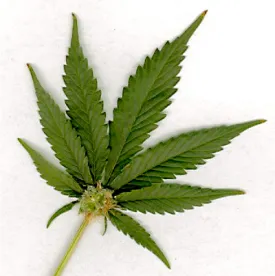On August 12, the US Drug Enforcement Administration (DEA) announced its rejection of two petitions seeking to reclassify marijuana as a less-regulated Schedule II substance under the federal Controlled Substances Act (CSA). This means that the drug’s federal classification as an illegal Schedule I substance with a “high potential for abuse” and “no currently accepted medical use” will be left in place (read our LawFlash for more detail on the DEA’s decision).
The DEA’s decision runs squarely against the state law trend of legalizing marijuana for medicinal and recreational purposes. However, with few exceptions, banks across the country have been reluctant to do business with marijuana-related businesses precisely because of the drug’s federal treatment under the CSA, notwithstanding the prior conditional “non-prosecution” positions taken by the Financial Crimes Enforcement Network and the US Department of Justice on the issue. Banks’ reasoning on this matter is simple: due to the federal treatment of marijuana as an illegal substance, doing business with marijuana concerns is simply not worth the regulatory and law enforcement risk.
The DEA action will do nothing to encourage the banking industry to reconsider its reluctance to handle marijuana-related dollars. Apparently, that development will have to await future congressional action—if any—to change the treatment of marijuana under federal law.




 />i
/>i

